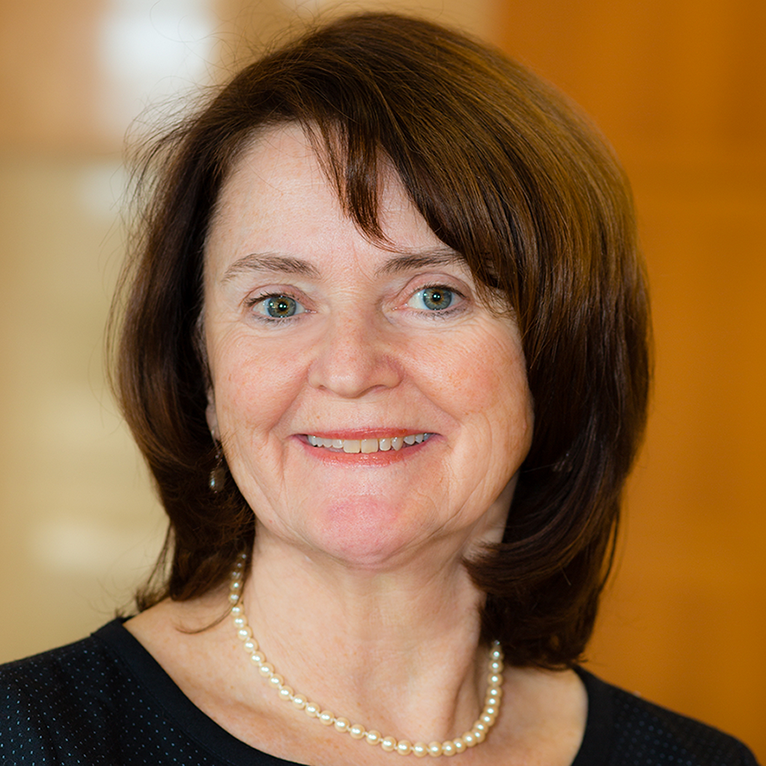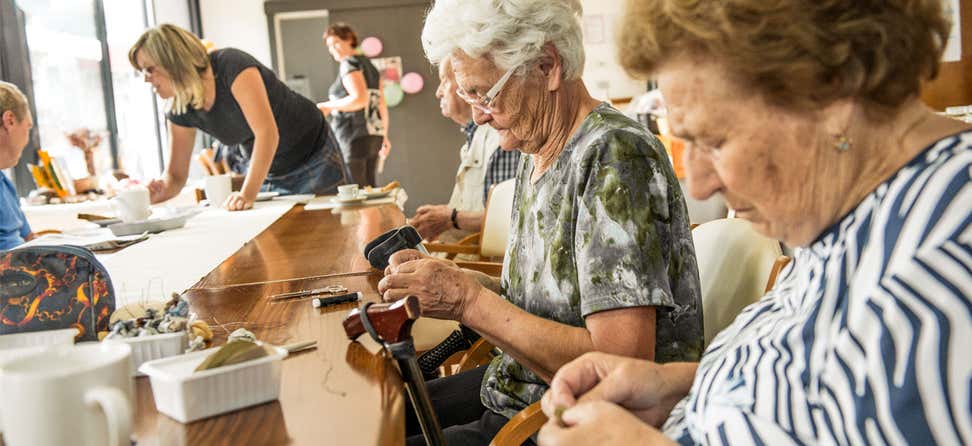Key Takeaways
Accreditation means a senior center meets the highest standards of excellence.
But does accreditation help senior centers financially, as well? Several centers have said yes.
According to a recent survey, 34% of respondents agreed with this assessment, saying their accreditation status had provided greater access to funding.
Earning National Senior Center Accreditation from NCOA's National Institute of Senior Centers (NISC) requires time and commitment. But it also reaps tremendous dividends.
Accreditation means a senior center meets the highest standards of excellence. What's more, accredited centers say that undergoing the process has helped them:
- Ensure they have smooth and efficient operating procedures and policies in place
- Connect to their communities
- Improve understanding with governing bodies, participants, and volunteers
- Grow and improve their brand
- Conduct strategic planning
- Measure their progress against a national baseline
But does accreditation help senior centers financially, as well? Several centers have said yes.
In North Carolina, Nationally Accredited centers receive a Center of Excellence standing and a larger share of general purpose funding because of this achievement. National Accreditation status also gives senior centers an advantage with funders, including NCOA, because it demonstrates the center's ability to lead a significant initiative.
“It adds a stamp of approval that is national in scope and provides a credible edge in competitive fundraising,” said Christine Beatty, Director of Madison Senior Center in Madison, WI.
"It adds a stamp of approval that is national in scope and provides a credible edge in competitive fundraising,” said Christine Beatty, Director of Madison Senior Center in Madison, WI.
In a recent survey of all Nationally Accredited senior centers, 34% of respondents agreed with this assessment, saying their accreditation status had provided greater access to funding. Here are just three success stories:
Grants
The most common way accreditation increases funding is through grants. NISC recommends that all accredited centers include their status on grant applications. “We are often asked for any evaluation processes, accreditations, certifications, or national affiliations” on grant applications, said William Viola of Wallingford Senior Center, CT. “It is great to be able to say we are Nationally Accredited by NISC.” Malia Fox of Winona Senior Center, MN, said that when her center was awarded a grant for a new technology program, the “granting sources [were] impressed with our Nationally Accredited status.”
Capital Funding
Accreditation can lead to even bigger benefits. “The fact that the West Ouachita Senior Center was the State of Louisiana's only Nationally Accredited senior center was greatly beneficial in securing millions of dollars in federal capital funding, allowing increased community supportive services and program opportunities," said Jeanette Ellington of West Ouachita Senior Center, LA. "Accreditation certainly adds credibility to the senior center's local, state, and federal grants during each fiscal year.”
Donations
The positive perception of accreditation can lead to increased donations, as well, especially if you already have regular donors. “We had a funder who gave us $5,000 a year," said Peter Thompson of Senior Centers, Inc., VA. "After our first accreditation, he went up to $20,000 and has given $20,000-$30,000 since, plus a $250,000 capital gift!”
If your senior center is considering pursuing National Accreditation, make 2018 the year to get started, so you can begin to reap the benefits.









